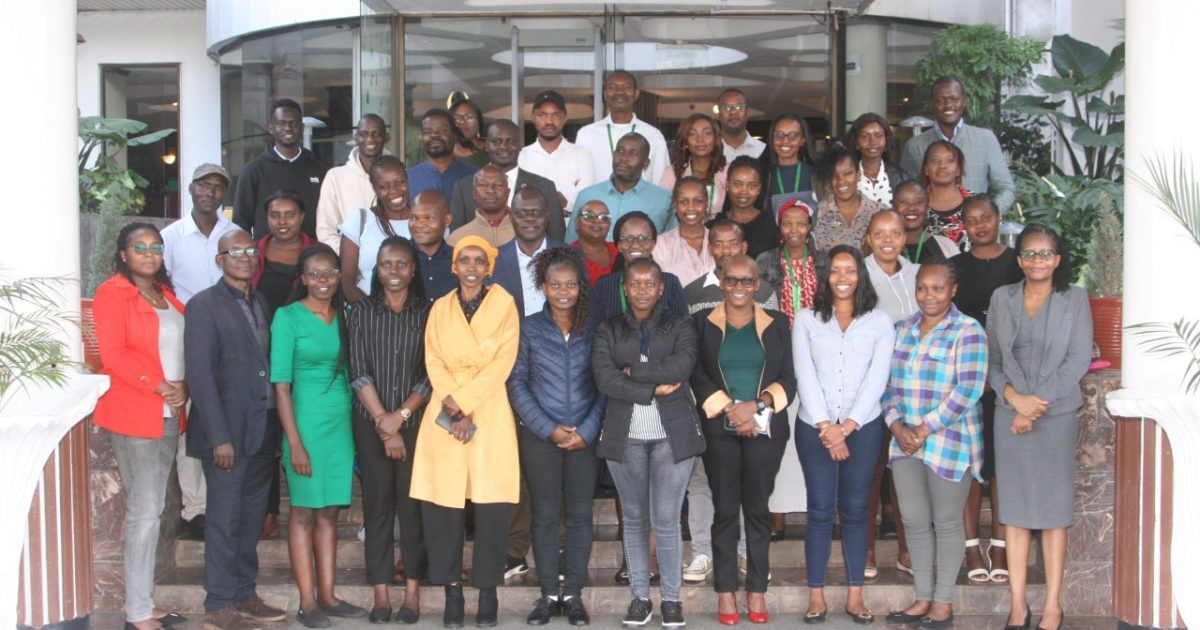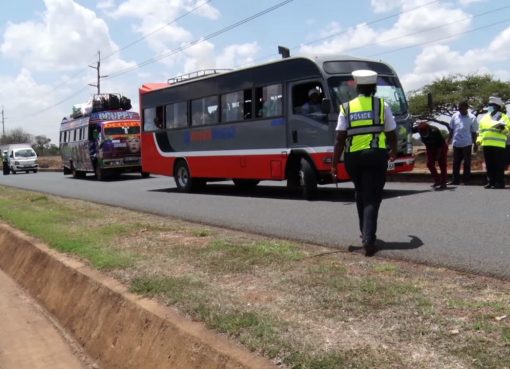The Inclusive Climate Change Adaptation for a Sustainable Africa (ICCASA) organisation has trained media practitioners on inclusive climate change reporting for women with disabilities.
The training brought together editors, reporters, and climate advocates to explore the critical role of ethical, gender-sensitive reporting in amplifying the voices of women with disabilities in the face of climate change.
ICCASA Advocacy and Communications Director Faith Gikunda, while speaking during the workshop in Nairobi today, said the training sought to engage the media in identifying best approaches for gender-transformative reporting on women with disabilities and climate change.
“In telling disability-inclusive stories, it not only informs the public but also empowers change and informs the development of gender-transformative climate change policies,” said Gikunda.
She said by involving women with disabilities as co-creators of content, media practitioners can challenge exclusionary norms and elevate the intersectional realities of gender, disability, and climate change.
Gikunda said media practitioners were sensitised on the power of language and ethical storytelling when reporting on people with disabilities (PWD), particularly women with disabilities.
“Throughout the workshop, participants reflected on the importance of ethical considerations and creating opportunities for women with disabilities to tell their own stories,” she said.
She divulged that participants were engaged in identifying some of the gender biases that hinder women with disabilities from telling their stories and how to overcome such biases when reporting.
“It is important to understand the biases and tell impact stories on how women with disabilities have been able to overcome them, particularly in climate change reporting,” she added.
Gikunda made a call to action for journalists to develop an Inclusive Reporting Action Plan that will integrate disability-sensitive guidelines, foster partnerships, and ensure ongoing efforts to amplify the voices of women with disabilities in climate discourse.
On her part, Dr. Jackline Lidubwi of Internews observed that language shapes perceptions, and using disability-sensitive terms is key to fostering dignity and respect.
“The words you use and the way you portray individuals with disabilities matter,” she said, adding that such conscious shifts help break stereotypes while ensuring that women with disabilities are portrayed accurately and respectfully.
Lidubwi encouraged media practitioners to replace limiting phrases like “confined to a wheelchair” with empowering alternatives like “a person who uses a wheelchair.”
Kennedy Ouma, a Climate Change Communications Expert at GIZ Kenya, said that climate change affects everyone in the community, and inclusivity in climate reporting is therefore very critical to ensuring everybody becomes part of the solution.
“The workshop on transformative reporting on women with disabilities and climate change is a timely course, especially in Kenya, where climate and weather eventualities disproportionately affect these women,” he said.
Dr. Alfred Latigo, a representative of the African Development Bank’s (AfDB’s) Africa Climate Change Fund (ACCF), emphasised the urgency for Africa to adopt gender-transformative reporting.
“Inclusive storytelling is not just about fairness; it is about justice and ensuring that solutions reflect the realities of all people, especially those disproportionately affected by climate change, such as women with disabilities,” observed Latigo.
The workshop, which is an activity within the Strengthening the Voices of Women with Disabilities to Actively Participate in Climate Change Policy and Negotiations (STREVOW) project, was organised by ICCASA in partnership with the Centre for Minority Rights Development (CEMIRIDE) to empower media for inclusive climate reporting.
By Anita Omwenga





